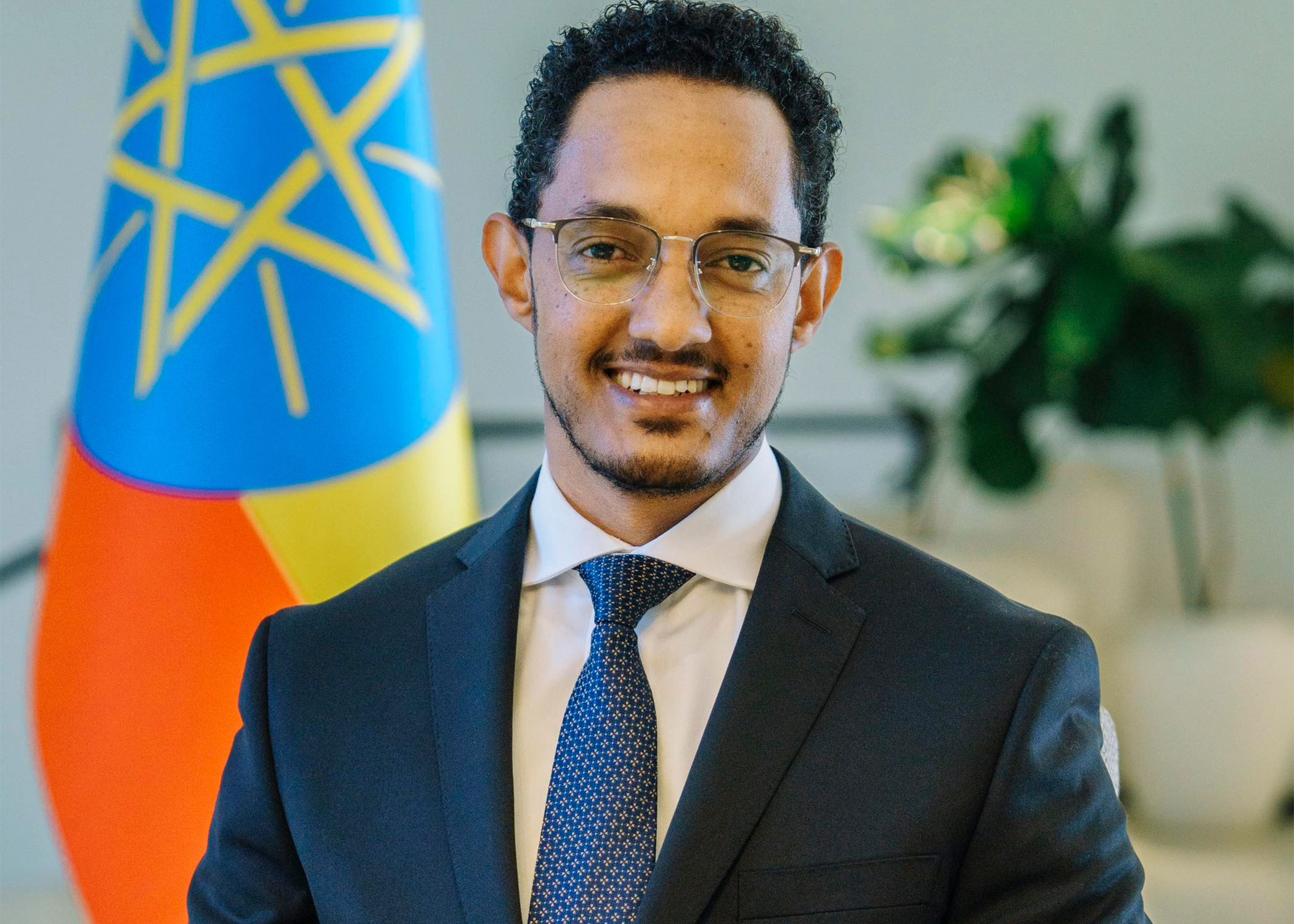At least half the global population lacks access to essential health services, and healthcare expenses push almost 100 million people into extreme poverty yearly. How scarce resources are distributed should matter, and there are good reasons to believe that finance could play a crucial role in addressing this challenge. More than 60 countries have launched national financial inclusion strategies, and academic research is keen on understanding their impact.
Until recently, there was no evidence that finance could make a significant difference in health. Randomized controlled trials that offered households financial products such as savings accounts, credit, and health insurance found no effects. But, crucially, these studies did not examine important long-term and large-scale aspects of banking, nor did they account for the financial products and services offered to businesses and healthcare providers.
In a recent study, I used a natural experiment that introduced variation in bank presence in India to assess the effects of improving financial inclusion nationwide – over a decade – and on different actors in the market. In contrast to previous research, I found substantial improvements in households’ health.
In 2005, the Reserve Bank of India (RBI) introduced a policy to incentivise banks to open new branches in underserved districts. After five years, the number of bank branches in these districts had increased by 19pc. More importantly, two nationally representative household-level surveys have shown improved health in these districts compared to similar districts where the policy did not apply.
The Indian Human Development Survey (IHDS), conducted six years after the RBI policy went into effect, demonstrates that households in districts with an increased bank presence were 36pc less likely to experience non-chronic illnesses such as fever or diarrhoea. Likewise, the Demographics & Health Survey, conducted 10 years after the policy was implemented, shows higher vaccination rates and lower risks associated with pregnancy in these districts.
Decreased morbidity rates also improved health-related economic outcomes: the IHDS shows that households missed less school and work owing to illness and incurred significantly lower medical expenses.
Three mechanisms likely played a role in improving health outcomes.
For starters, banks provided credit to local businesses, allowing households to earn more and invest more in health. The data suggest that households directly gained access to financial services. They established savings accounts and, importantly, could also buy health insurance. In India – as in over half of developing countries – local banks sell health insurance policies to their customers, serving as middlemen for insurance companies in major cities. This differs sharply from most developed countries, where health insurance is purchased only directly from insurance companies or obtained from government programs.
Lastly, healthcare providers gained access to credit. Eight years after the RBI policy was implemented, the number of hospitals operating in the incentivised districts had grown by 140pc, and providers were more likely to report institutional loans as their primary source of finance. Local households also reported fewer problems with healthcare supply. Policymakers took to heart the importance of expanding credit to healthcare providers: In May 2021, during the COVID-19 crisis, the RBI provided 6.8 billion dollars in easily accessible credit for the sector.
The substantial effects of finance on health in this natural experiment are more evident than they were in prior randomised controlled trials. Exploring finance using a natural experiment has two important added merits. It allows one to capture general equilibrium effects: evidence suggests that both demand and supply of the healthcare market are stimulated, potentially creating a virtuous cycle.
One can also explore effects on a larger scale over a longer period.
Increased bank presence could also help achieve other United Nations Sustainable Development Goals (SGDs) worldwide. Given the relationship between improved access to bank branches and fewer school absences owing to illness, education is one policy area that could be amenable to financial inclusion efforts. Allowing households to invest more in education and providing credit for creating new schools and training programs could generate better education outcomes.
The success of the RBI policy bodes well for policymakers in developing countries seeking to improve health outcomes. It also warrants further study of how similar interventions could affect demand and supply in other markets. Policy incentives to increase the number of bank branches in underserved areas could ultimately have multiple positive community outcomes beyond improved health indicators.





 Loading your updates...
Loading your updates...